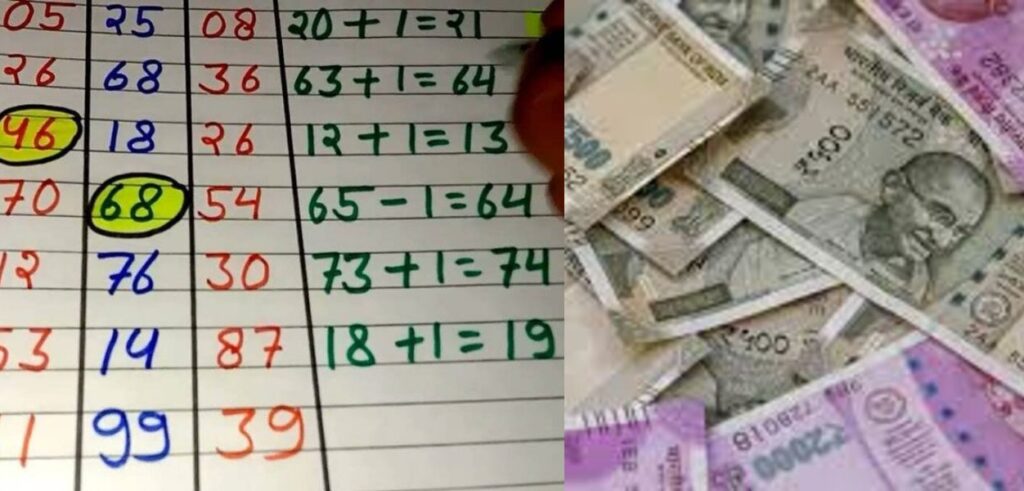Last Updated on June 7, 2023 at 2:11 pm
In the realm of Satta, where fortunes are made and lost, one name has gained notoriety in recent years—Satta King. This underground Satta has captured the attention of many, but its illicit nature and controversies have also raised serious concerns. Let’s delve into the world of Satta King, understanding its origins, its impact on society, and the legal ramifications associated with it.
Satta King, also known as Satta Matka, is a form of illegal gambling that originated in India. The game traces its roots back to the 1950s and 1960s when it was known as Ankada Jugar (a form of “figures gambling”) and involved betting on the opening and closing rates of cotton on the New York Cotton Exchange. Over time, the game evolved, encompassing various other factors, including the opening and closing numbers of other commodities and lotteries.
The game operates on the concept of placing bets on a series of numbers, and if the chosen numbers match the winning combination, the player is declared the winner. Satta King is typically played through clandestine networks, with participants placing their bets through local bookies or online platforms. The allure of the game lies in the potential for significant financial gains, often enticing individuals from various socioeconomic backgrounds to participate.
However, it is important to note that Satta King is an illegal form of Matka. The game operates outside the purview of the law and lacks regulation, making it a breeding ground for criminal activities. The absence of oversight opens the door for fraud, manipulation, and exploitation, as participants are at the mercy of unscrupulous bookies who control the game and its outcomes.
The impact of Satta King on society is multifaceted and deeply concerning. On one hand, it perpetuates a culture of gambling addiction and financial ruin. People who fall prey to the allure of quick money often end up losing substantial sums, jeopardizing their financial stability and well-being. The addictive nature of the game can lead to a vicious cycle of losses and desperate attempts to recoup them, further exacerbating the problem.
Additionally, Satta King’s illicit operations give rise to a host of criminal activities. The unregulated nature of the game facilitates money laundering, as large sums of cash change hands without any legal oversight. The profits generated from illegal Matka can also fuel other criminal enterprises, contributing to a broader network of illicit activities.

From a legal standpoint, participating in Satta King is a punishable offense. The game falls under the purview of gambling laws in India, which prohibit any form of unauthorized gambling or betting. State governments and law enforcement agencies are actively involved in cracking down on Satta King operations, conducting raids and arrests to curb the spread of this illegal activity. However, the clandestine nature of the game makes it challenging to completely eradicate its presence.
To address the issue of illegal Satta, it is crucial to promote awareness about the risks associated with Satta King and provide avenues for legal and regulated forms of gambling. Governments and regulatory bodies can play a crucial role in implementing stricter measures, conducting awareness campaigns, and offering support services to help individuals affected by gambling addiction.
Satta King represents a dark underbelly of the Matka world, one that thrives on illegality and exploitation. While it may hold the allure of quick riches, the consequences are far-reaching and devastating for individuals and society as a whole.



